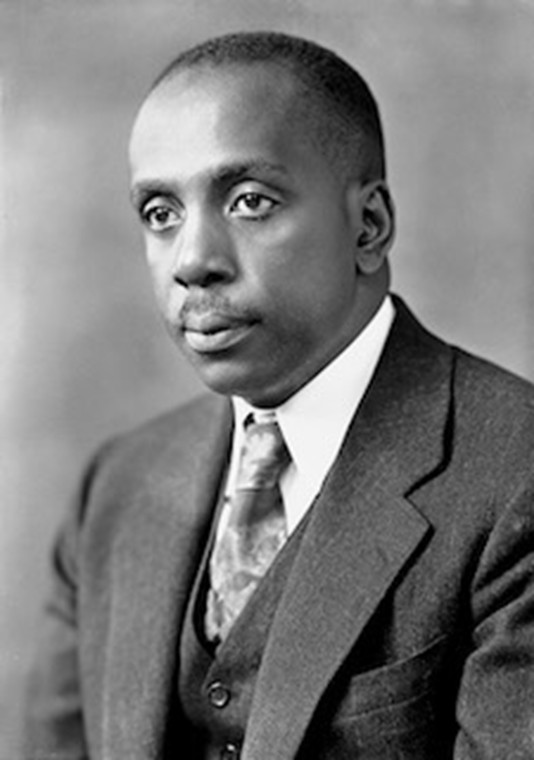
1899 - 1981
Dr. Howard Thurman
Theologian and Civil Rights Leader
Dr. Howard Thurman (1899–1981) was a groundbreaking theologian, philosopher, educator, and civil rights leader whose influence shaped the spiritual and intellectual foundations of the American Civil Rights Movement. Born in Daytona Beach, Florida, Thurman rose from humble beginnings to become one of the most important religious thinkers of the 20th century. A deeply contemplative and intellectually gifted man, Thurman earned degrees from Morehouse College and Rochester Theological Seminary, becoming one of the first Black men ordained as a Baptist minister with formal theological training. He traveled extensively, including a historic 1935 pilgrimage to India, where he met Mahatma Gandhi. That meeting profoundly influenced Thurman's views on nonviolence, which he later shared with young activists—including a young Martin Luther King Jr., who kept Thurman's book Jesus and the Disinherited with him throughout the Montgomery Bus Boycott. Thurman's 1949 book Jesus and the Disinherited argued that Jesus' teachings spoke directly to the oppressed and marginalized, offering a framework for dignity, resistance, and moral courage without hatred. It became a spiritual guidebook for nonviolent protest during the Civil Rights era. In 1944, Thurman co-founded The Church for the Fellowship of All Peoples in San Francisco—the first interracial, interfaith congregation in the United States. He later served as Dean of Marsh Chapel at Boston University, becoming the first African American to hold such a position at a majority-white university. Howard Thurman's legacy is rooted in his belief that inner transformation and social justice are inseparable. His teachings on love, nonviolence, and spiritual discipline continue to inspire activists, scholars, and seekers of justice around the world.
Key Achievements
- Met Mahatma Gandhi in 1935, profoundly influencing his views on nonviolence
- Authored 'Jesus and the Disinherited,' a spiritual guidebook for nonviolent protest
- Co-founded The Church for the Fellowship of All Peoples, the first interracial congregation
- Became the first African American to serve as Dean of Marsh Chapel at Boston University